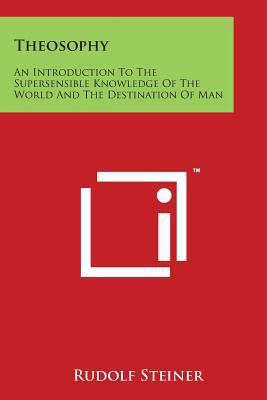All Formats & Editions
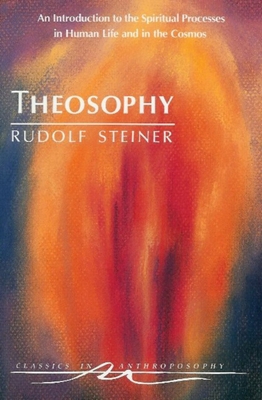
Theosophy: An Introduction to the Spiritual Pro...
Written in 1904 (CW 9) Theosophy is a key work for gaining a solid footing in spiritual reality as described by Rudolf Steiner. It is organized into four parts. First, Steiner builds a comprehensive understanding of human nature: physical bodily nature;...
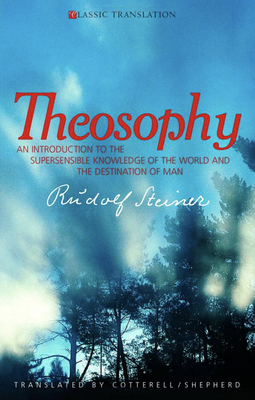
Theosophy: An Introduction to the Supersensible...
Written in 1904 (CW 9) Given his energetic involvement in practical initiatives and extensive lecturing, Rudolf Steiner had very little time to write. Of the books he found time to write, four titles are considered indispensable introductions to his teaching as...
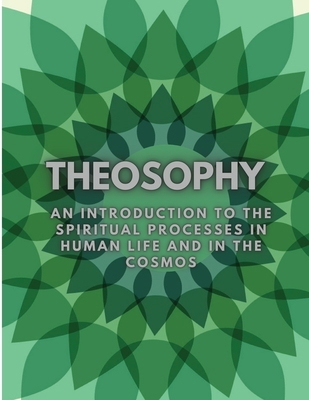
Theosophy: An Introduction to the Spiritual Pro...
Theosophy is a key work for gaining a solid footing in spiritual reality as described by Rudolf Steiner. It is organized into four parts. First, Steiner builds a comprehensive understanding of human nature: physical bodily nature; soul qualities; spirit being, or "I"-being;...
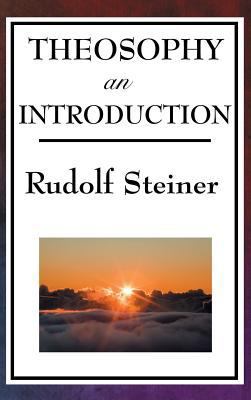
Theosophy, an Introduction
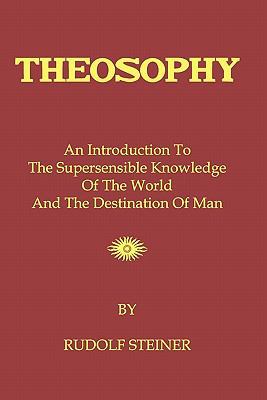
Theosophy: An Introduction To The Supersensible...

Theosophy: An Introduction to the Supersensible...
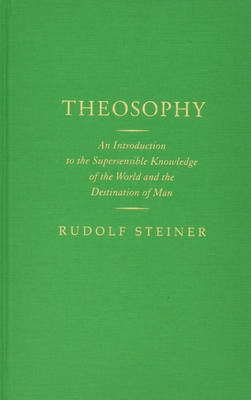
Theosophy: An Introduction to the Supersensible...
Written in 1904 (CW 9) Given his energetic involvement in practical initiatives and extensive lecturing, Rudolf Steiner had very little time to write. Of the books he found time to write, four titles are considered indispensable introductions to his teaching as...
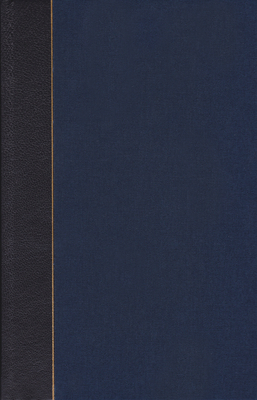
Theosophy: An Introduction to the Suprasensory ...
Written in 1904 (CW 9) Rudolf Steiner wrote Theosophy as an introduction to, and as a foundation for, the spiritual-scientific aspect of his life's work. Beginning with clear observations about the nature of our experience, the book develops...
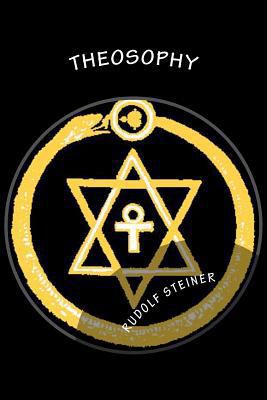
Theosophy: An Introduction To The Supersensible...
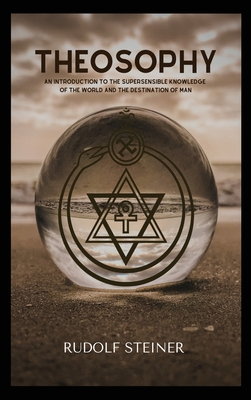
Theosophy: An Introduction to the Supersensible...
A Timeless Classic of Theosophical literature. Rudolf Steiner was the most prolific and arguably the most influential philosopher of his era. This book throws light on the development of the thoughts of this remarkable individual...
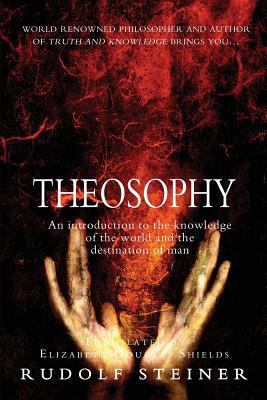
Theosophy
An introduction to the super-sensible knowledge of the world and the destination of man.
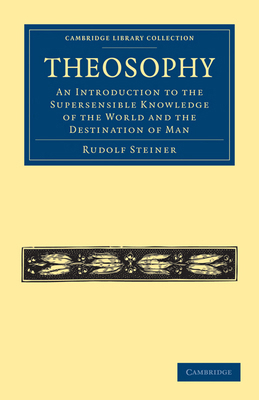
Theosophy
Austrian philosopher, playwright, and artist Rudolf Steiner (1861-1925) is perhaps best known as an educational philosopher and reformer, the founder of Steiner (or Waldorf) schools located around the world. These schools' philosophy represents the priorities Steiner discusses...

Theosophy: An Introduction to the Supersensible...
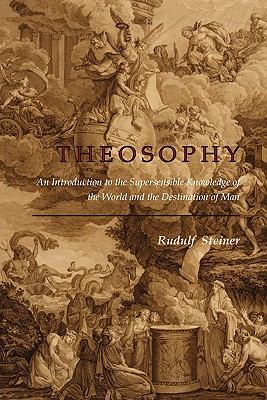
Theosophy: An Introduction to the Supersensible...
2011 Reprint of 1922 Edition. Full facsimile of the original edition, not reproduced with Optical Recognition Software. This book, subtitled "An Introduction to the Supersensible Knowledge of the World and the Destination of Man", is a good starting point among the hundreds of...
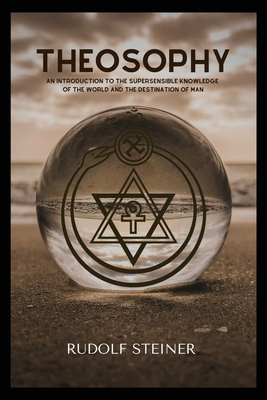
Theosophy: An Introduction to the Supersensible...
A Timeless Classic of Theosophical literature. Rudolf Steiner was the most prolific and arguably the most influential philosopher of his era. This book throws light on the development of the thoughts of this remarkable individual...
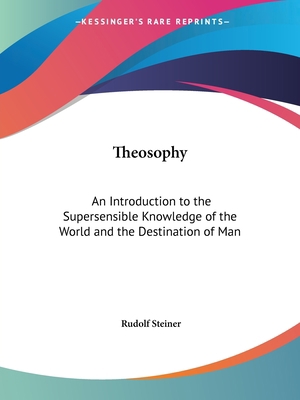
Theosophy: An Introduction to the Supersensible...
The book ""Theosophy: An Introduction to the Supersensible Knowledge of the World and the Destination of Man"" by Rudolf Steiner is a comprehensive guide to the philosophical and spiritual system of Theosophy. Theosophy is a term that refers to the study of the divine wisdom...
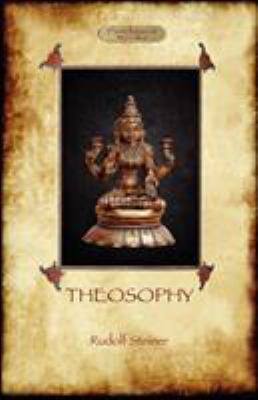
Theosophy (Aziloth Books)
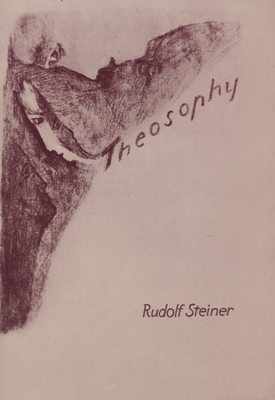
Theosophy: An Introduction to the Supersensible...
Written in 1904 (CW 9) Theosophy is a key work for gaining a solid footing in spiritual reality as described by Rudolf Steiner. It is organized into four parts. First, Steiner builds a comprehensive understanding of human nature: physical bodily nature;...
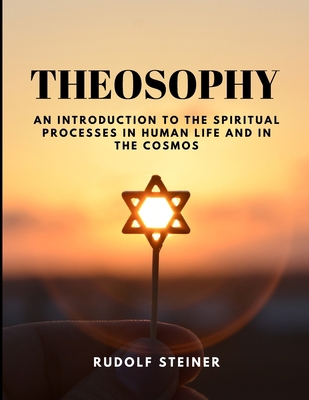
THEOSOPHY - An Introduction to the Spiritual Pr...
Theosophy is a key work for gaining a solid footing in spiritual reality as described by Rudolf Steiner. It is organized into four parts. First, Steiner builds a comprehensive understanding of human nature: physical bodily nature; soul qualities; spirit being, or "I"-being;...

Theosophy;: An introduction to the supersensibl...
![Theosophie: Einführung in übersinnliche Welterk... [German] 1523955503 Book Cover](https://i.thriftbooks.com/api/imagehandler/l/117312223C6C06AA81BC0026E8E8A6300CF84987.jpeg)
Theosophie: Einführung in übersinnliche Welterk... [German]
Theosophie: Einf hrung in bersinnliche Welterkenntnis und Menschenbestimmung von Rudolf Steiner. Sorgf ltig durchgesehene Neuausgabe des Originaltextes von 1922.
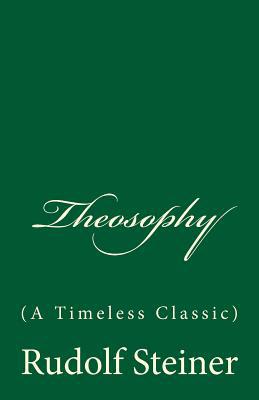
Theosophy (A Timeless Classic): By Rudolf Steiner
This book will give a description of some of the regions of the supersensible world. The reader who is willing to admit the existence of the sensible world only will regard this delineation as a mere unreal production of the imagination. He, however, who looks for paths that...
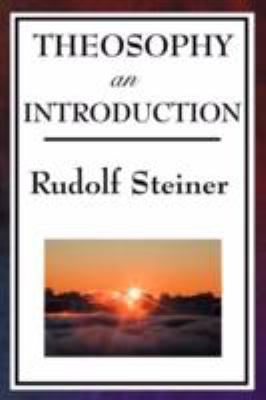
Theosophy, an Introduction
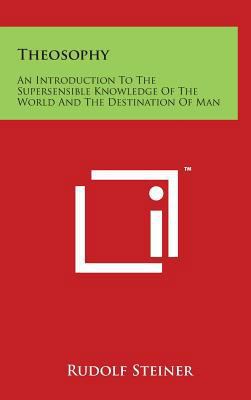
Theosophy: An Introduction to the Supersensible...
Theosophy: An Introduction To The Supersensible Knowledge Of The World And The Destination Of Man is a book written by Rudolf Steiner, a philosopher, and spiritualist. The book explores the concept of Theosophy, which is defined as the knowledge of the divine nature of the universe...
